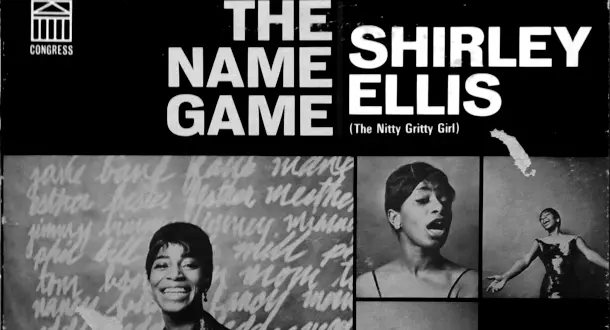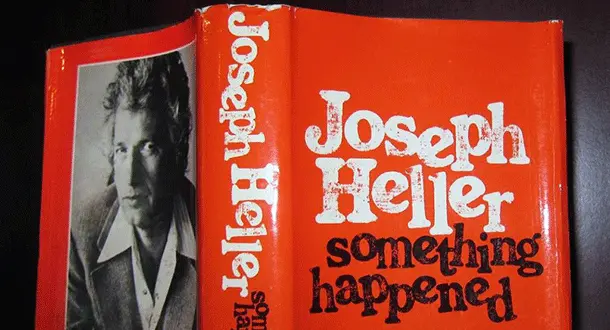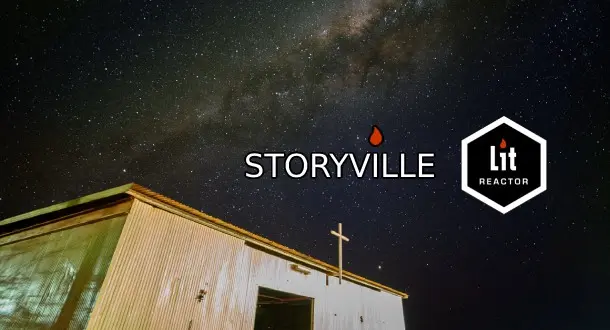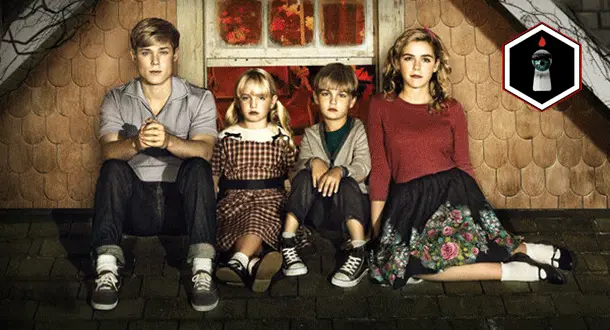Menu
Columns
Showing 3546 Columns
Showing 3546 Columns
January 23rd, 2014

I'd been working as a full-time freelance writer for eight months when I made a startling realization: I had come to hate writing. The craft that I identified with and the ambition I'd had since Jr. High—to make money as a writer—had backfired. I didn't like the work. I didn't like my life. I didn't even like myself.
Read Column →January 22nd, 2014

Have you ever heard someone say the phrase, “James doesn’t look like a James,” or “She acts more like a Phyllis than a Rachel”? Or have you said words similar to this yourself, because there’s someone in your life whose name simply doesn’t match their personality? Conversely, what about the people who fit their names so perfectly, you begin to wonder if there are perhaps secret societies of Chads or Marys out there, conspiring to align with set character traits?
Read Column →January 22nd, 2014

Image via rarebookcellar.com When I read something saying I've not done anything as good as Catch-22, I'm tempted to reply, 'Who has?' —Joseph Heller
Read Column →January 22nd, 2014

So this week we’re interviewing three publishers instead of three editors and we couldn’t have a more diverse mix of dark fiction presses. ChiZine has been doing this for a long time, and doing it very well. I’m a big fan of many of their authors (Craig Davidson, Brent Hayward, Paul Tremblay, Stephen Graham Jones, etc.) and even won a contest there a few years ago. They really are one of my favorite presses out there.
Read Column →January 21st, 2014

I’m headed back to Kickstarter (today, actually) with my new novel. The "why" is both incredibly simple and incredibly complex.
Read Column →January 20th, 2014

You could argue that truly reliable first-person narrators don’t even exist. After all, every character views the story through the distortion of their own biases, experiences, perspectives and personality quirks, and tells the story through a series of omissions and carefully chosen facts.
Read Column →January 20th, 2014

Footnotes examines the cultural impact of fiction and its creators. After leaving Richmond, Virginia, on September 27, 1849, a man, on his way home to New York, disappears. The next five days of his life are not accounted for. On October 3, the man is found wandering the streets of Baltimore, Maryland, in a state of delirium reserved only for the most serious of artists (think a Hemingway-, Belushi-, Cobain-like stupor).
Read Column →January 17th, 2014

Originally posted 1/20/2012 What is a female character? Serious question — and too easily misunderstood. Let's be naive for a minute: if my protagonist is meant to represent a male human being, and he meets another character meant to represent a female human being, what does it mean to "sexualize" these characters, and how do I show that they are masculine or feminine in their behaviors? Do I even need to? Have I thought this through?
Read Column →January 17th, 2014

LURID: vivid in shocking detail; sensational, horrible in savagery or violence, or, a guide to the merits of the kind of Bad Books you never want your co-workers to know you're reading.
Read Column →January 17th, 2014

I tried this feature for the first time last year and I did pretty well. Of my ten picks, eight turned out to be wonderful books that I love so far (and really only one horribly disappointed me – Uncanny X-Force I’m looking at you, kid). One is also a book I am woefully behind on, but hope I will love when I finally catch up (Killjoys), and another is just not my cup of tea, but not a bad book all in all.
Read Column →Submitting your manuscript?
Professional editors help your manuscript stand out for the right reasons.
